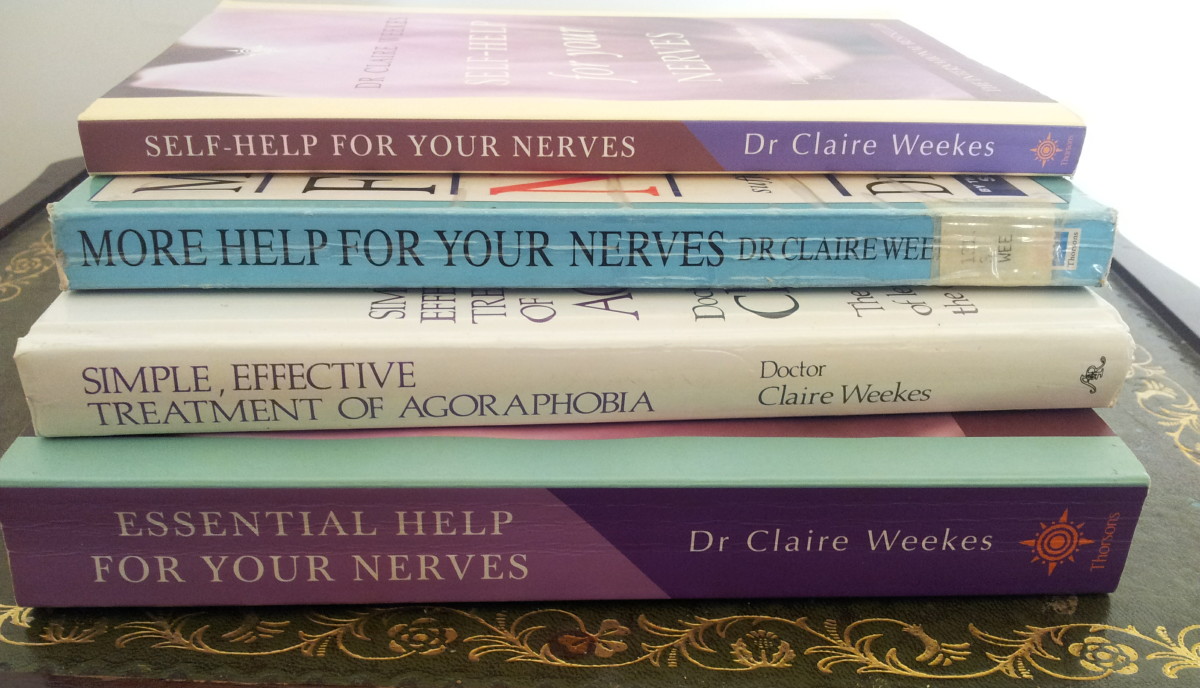Stress; Signs and Symptoms and the Best ways to Manage Effectively to get back on Top





Stress; Signs and Symptoms, and the best way to Manage Effectively
What is Stress
Stress is not an illness, but when we ignore it, it can cause serious illness.
Is it necessary to experience some stress?: We are said to be stressed when we display signs of being under too much emotional or mental pressure. We've all experienced some degree of stress in our lives; stress is the body's way of allowing us to adapt. One might even say a level of stress is necessary to function properly in our work and daily lives. It is our mechanism for coping. In my experience, some people seem to handle stress much better than others.
I've witnessed people go to pieces, due to the stress of standing in front an audience to give a presentation, while there are others who appear to be driven to perform, they are always at an optimal level, producing their best work under stress. Some people seem to thrive on the rush of adrenaline that comes with stressful situations. Stress hormones give them the edge, allowing them to perform better.
We experience a degree of stress from the moment we wake up in the morning, as we try to be on time for work and start to plan our day. For some, the major problem can be stress at work, causing dread and apprehension the moment we open our eyes.
Working parents must cope with the stress of getting the children fed and off to school every morning, keep up the daily routines of juggling lives to maintain a proper work and home balance. Modern life is pressure driven, most people compete at work, raise children and attempt to keep the perfect home for themselves and their families if we can not find ways to relieve that pressure we will pay the price.
Signs and Symptoms of Stress
Stress can affect different people in different ways, but there are some common symptoms. Stress can influence your behavior, how you think and feel and the way your body functions. When we're stressed we become easily irritated, display signs of anxiety with low mood and low self-esteem, we worry more and seem to imagine the worst.
When stressed, many of us tend to drink more alcohol and smoke more, we may change our eating habits, become much more erratic and more of a loner. During stressful periods we socialize less, we become forgetful, experience headaches, muscle tension, pain, stomach discomfort, dry mouth, breathlessness, dizziness, excessive sweating, insomnia and sexual problems.
When we are aware of the way in which stress can affect us personally, we are better able to devise the appropriate coping technique and avoid the unhealthy habits that we resort to for comfort.
Stress hormones such as cortisol, adrenaline and noradrenaline are released into the blood stream in reaction to pressure or perceived threat. This action by the body prepares us for fight or flight; the hormonal levels soon returns to normal when the danger has passed. However; if the stress or threat is sustained and prolonged, the hormones will remain in the body and can be damaging to our overall health.
Excessive stress can damage the body's system resulting in:
- Anxiety disorders
- Depression
- Insomnia
- Hypertension (high blood pressure) can lead to stroke, heart attack and aneurysm
- Stomach ulcers
- Impaired immunity
- Loss of minerals from the bones
- Disease of the arteries
- Damages to the nerve cells in the brain
- Obesity
Managing Stress
Managing stress can be a complicated process. We need to develop some healthy coping strategies to protect ourselves. The first step to managing stress is recognizing that there is a problem and that you are not coping as well as you should, knowing when things are getting on top of you.
The causes of anxiety and stress are stressors; some common stressors are:
- Lack of money and debts
- Death of a loved one
- Moving home
- Problems at work
- Unemployment
- Divorce
- Relationship and family problems
- Difficulties with finding good child care
- Ill health
- Bad past experiences, which are unresolved and are still impacting on the present
- Bullying and harassment
- Experiencing discrimination
These are only a few of the things that can cause pressure and stress, I'm sure everyone could easily add to this list. With so many factors conspiring against us, it is easy to believe that there is nothing one can do to combat stress and prevent the progression into depressive illness. However; there are ways to help yourself, here are a few coping strategies:
- Healthy eating, when possible try sitting down to eat, join friends and family, reduce the number of TV dinners, get your five a day fruit and vegetables. Where possible, try to cook more meals from scratch. Make time to eat a healthy breakfast. Consider cutting out alcohol and caffeine, if not reduce your intake.
- Enough Sleep getting sufficient good quality sleep is vital, so, early to bed, early to rise, the old rhymes are still relevant and very sensible. Lack of sleep can result in a depletion of energy, irritable and tiredness, conversely, stress can also cause insomnia
- Maintain an active lifestyle, research shows that regular exercise can cause the body to produce more feel-good hormones and is also beneficial for the heart and circulation, exercise can lower cholesterol levels and help to reduce incidents of obesity.
- Relaxation, make time to relax and have fun, try yoga good for the mind and the body
- Think positively
- Make changes in your life for the better, look at your life, identify where you can benefit from certain changes, if it helps, make a list of the changes you wish to implement.
- Focus on small steps, make short, and long term goals make them realistic and achievable, don't attempt to do anything that may be too difficult to begin with, remember small steps
- Deal with stressful problems do not ignore financial problems. Contact your creditors make an offer to pay off your debts by making small installments that you can afford. Seek help and financial advice.
- Discuss problems with your partner or spouse, family and friends may wish to help
- Contact your doctor or health-care provider before symptoms become worst.
In conclusion, stress can be positive or negative, we can make it work for us in the short terms, it can help us take creative risks to become more productive, allowing us to enhance our performances, but stress should be managed and monitored.
Steps should be taken to relieve stress before it become a problem and work against us in the long term.











